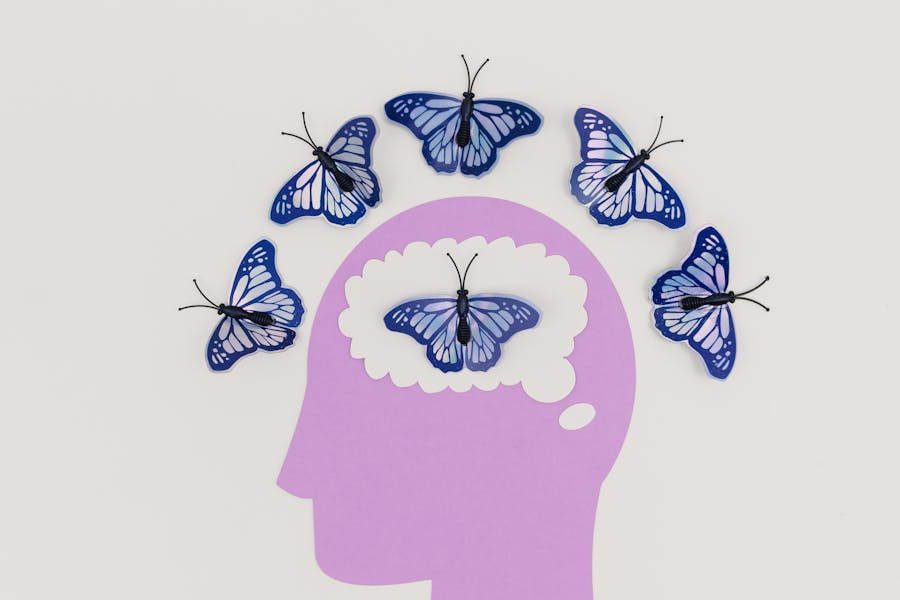


Here’s what’s happening in dementia news May 2024:

Research from the University of Copenhagen unveils a potential game-changer in Alzheimer’s treatment.
Urolithin A, naturally present in pomegranates, strawberries, and walnuts, showcases remarkable abilities in memory improvement and dementia alleviation.
Key Findings:
Natural Remedy – Urolithin A demonstrates efficacy in addressing memory issues associated with Alzheimer’s disease.
Mitochondrial Health – Similar to NAD supplements, urolithin A aids in the removal of damaged mitochondria, thereby enhancing brain function.
Promising Prospects – Clinical trials on humans are on the horizon, signaling hope for future Alzheimer’s treatments.

Groundbreaking dementia research initiative gathers over 20,000 volunteers to accelerate drug development by focusing on early detection and intervention.
In a groundbreaking effort led by the University of Cambridge, over 20,000 volunteers have enlisted in a pivotal study aimed at revolutionizing dementia treatment.
This initiative focuses on early-stage intervention, shedding light on the crucial role of inflammation and metabolism in cognitive decline.
By understanding these mechanisms, researchers aim to develop effective treatments that could significantly delay dementia onset.
With dementia cases projected to soar globally, this study marks a crucial step towards combating this pervasive condition and enhancing overall cognitive health.

A recent study reveals a surprising trend: human brains are expanding in size, potentially offering a shield against dementia.
Researchers at UC Davis Health conducted a 75-year analysis of brain MRIs from participants in the Framingham Heart Study. Comparing brain sizes of individuals born in the 1930s to those born in the 1970s, they found significant increases in brain volume and surface area.
The study suggests that larger brain structures may indicate improved brain health and development. This could potentially reduce the risk of age-related brain diseases like Alzheimer’s.
While the incidence of Alzheimer’s is still rising, this study offers hope. By understanding how brain size impacts dementia risk, we may unlock new avenues for prevention and treatment.

In a world where Alzheimer’s disease is a growing concern, prevention is paramount.
Dr. Lisa Barnes discusses lifestyle interventions that may delay cognitive impairment, emphasizing the significance of proactive measures
.
– Cognitive decline is a hallmark feature of Alzheimer’s disease dementia.
– Globally, an estimated 55 million people suffer from dementia.
1. Cognitive Training – Engage in activities that challenge the mind.
2. Blood Pressure Management – Control hypertension to reduce dementia risk.
3. Physical Activity – Regular exercise promotes brain health.
– Reports highlight inconclusive evidence on prevention but suggest promise in specific interventions.
– The Lancet Commission identifies 12 modifiable risk factors contributing to dementia risk.
– Midlife cardiovascular health significantly impacts cognitive health in later years.
– Observational studies provide insights for targeted clinical trials.
In May 2024, there have been important changes in how we understand dementia.
We are seeing new ways to find out if someone has dementia early and better ways to help and care for them.
It’s very important for the entire dementia community to work together.
Contact Applewood Our House for more info on dementia care.